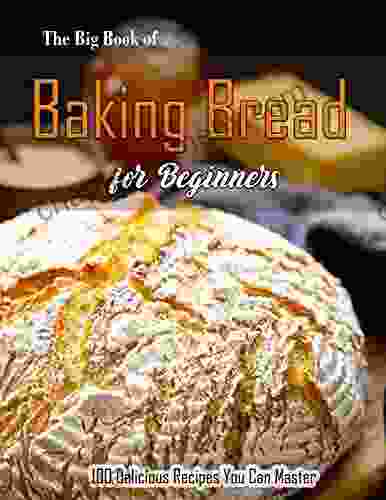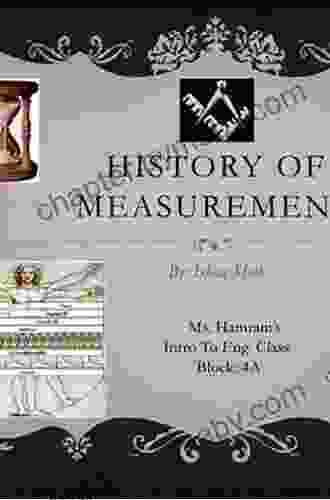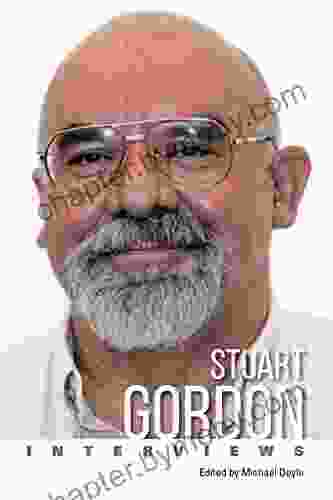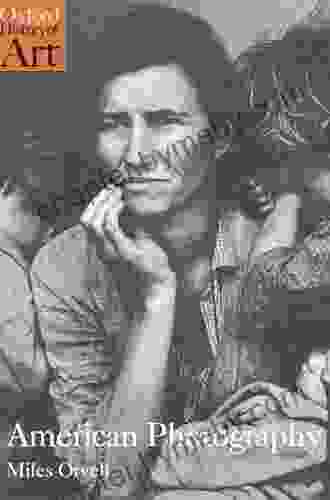The Economics of Poverty: History, Measurement, and Policy

Poverty is a complex and multifaceted issue that has plagued societies throughout history. It is a condition characterized by a lack of resources, such as food, water, shelter, and healthcare, that are necessary for a person to live a healthy and productive life. Poverty can have a devastating impact on individuals and families, leading to poor health, social isolation, and economic hardship.
4.3 out of 5
| Language | : | English |
| File size | : | 8800 KB |
| Text-to-Speech | : | Enabled |
| Screen Reader | : | Supported |
| Enhanced typesetting | : | Enabled |
| Word Wise | : | Enabled |
| Print length | : | 736 pages |
| Lending | : | Enabled |
The economics of poverty is a field of study that seeks to understand the causes and consequences of poverty. It also develops and evaluates policies that are designed to reduce poverty and improve the lives of the poor. The economics of poverty is a complex and challenging field, but it is also an important one. By understanding the causes and consequences of poverty, we can develop more effective policies to address this pressing issue.
History of Poverty
Poverty has been a part of human history for as long as there have been humans. In the earliest societies, poverty was primarily caused by natural disasters, such as floods, droughts, and famines. As societies became more complex, poverty became more closely associated with economic factors, such as job loss, low wages, and discrimination.
The Industrial Revolution led to a significant increase in poverty in many parts of the world. As factories replaced farms, many workers were displaced from their jobs. This led to a large increase in the number of poor people in urban areas.
In the 20th century, poverty was reduced in many countries due to the rise of the welfare state. The welfare state provided a safety net for the poor, helping to ensure that they had access to basic necessities such as food, housing, and healthcare.
However, in recent decades, poverty has been on the rise again in many parts of the world. This is due to a number of factors, including globalization, the decline of the welfare state, and the increasing cost of living.
Measurement of Poverty
There are a number of different ways to measure poverty. One common measure is the poverty line. The poverty line is the income level below which a person is considered to be poor. The poverty line is typically set by the government and is based on the cost of basic necessities such as food, housing, and healthcare.
Another common measure of poverty is the poverty rate. The poverty rate is the percentage of people in a population who live below the poverty line. The poverty rate can be used to compare the levels of poverty in different countries or regions.
Measuring poverty is a complex and challenging task. There is no single measure of poverty that is perfect. However, the poverty line and the poverty rate are two commonly used measures that can provide valuable insights into the extent of poverty in a population.
Policy Implications
The economics of poverty has important policy implications. The government can play a role in reducing poverty through a variety of policies, such as:
- Providing income support to the poor
- Creating jobs
- Investing in education and training
- Providing affordable housing
- Ensuring access to healthcare
These policies can help to reduce poverty and improve the lives of the poor. However, it is important to note that there is no single policy that can eliminate poverty. Poverty is a complex issue that requires a comprehensive approach.
Poverty is a complex and challenging issue. However, by understanding the causes and consequences of poverty, we can develop more effective policies to address this pressing issue. The economics of poverty is a field of study that can help us to better understand poverty and develop more effective policies to reduce poverty and improve the lives of the poor.
Free Download your copy of The Economics of Poverty: History, Measurement, and Policy today!
Free Download now
4.3 out of 5
| Language | : | English |
| File size | : | 8800 KB |
| Text-to-Speech | : | Enabled |
| Screen Reader | : | Supported |
| Enhanced typesetting | : | Enabled |
| Word Wise | : | Enabled |
| Print length | : | 736 pages |
| Lending | : | Enabled |
Do you want to contribute by writing guest posts on this blog?
Please contact us and send us a resume of previous articles that you have written.
 Book
Book Novel
Novel Page
Page Chapter
Chapter Text
Text Story
Story Genre
Genre Reader
Reader Library
Library Paperback
Paperback E-book
E-book Magazine
Magazine Newspaper
Newspaper Paragraph
Paragraph Sentence
Sentence Bookmark
Bookmark Shelf
Shelf Glossary
Glossary Bibliography
Bibliography Foreword
Foreword Preface
Preface Synopsis
Synopsis Annotation
Annotation Footnote
Footnote Manuscript
Manuscript Scroll
Scroll Codex
Codex Tome
Tome Bestseller
Bestseller Classics
Classics Library card
Library card Narrative
Narrative Biography
Biography Autobiography
Autobiography Memoir
Memoir Reference
Reference Encyclopedia
Encyclopedia Michael Kranish
Michael Kranish Sam Oglesby
Sam Oglesby Melinda Buckwalter
Melinda Buckwalter Ngugi Wa Thiongo
Ngugi Wa Thiongo Rodney Ford
Rodney Ford Michelle Medlock Adams
Michelle Medlock Adams Mitch Horowitz
Mitch Horowitz Miles Orvell
Miles Orvell Wendy Heard
Wendy Heard Martha Menchaca
Martha Menchaca Mary Johnson
Mary Johnson Michael D Yapko
Michael D Yapko Michael Cawood
Michael Cawood Tiara Mcclure
Tiara Mcclure Michael N Mitchell
Michael N Mitchell Matt Jackson
Matt Jackson Megan Stringfellow
Megan Stringfellow Matthew B Crawford
Matthew B Crawford Mike Ashley
Mike Ashley Mary Emerick
Mary Emerick
Light bulbAdvertise smarter! Our strategic ad space ensures maximum exposure. Reserve your spot today!

 Floyd RichardsonThe Ultimate Guide to Baking Bread for Beginners: 100 Delicious Recipes You...
Floyd RichardsonThe Ultimate Guide to Baking Bread for Beginners: 100 Delicious Recipes You...
 Corbin PowellHow Men Can Embrace Vulnerability to Create Strong Relationships and Live...
Corbin PowellHow Men Can Embrace Vulnerability to Create Strong Relationships and Live...
 Ethan GrayUnleash Your Courage and Ignite Your Dreams: Explore the Inspiring Journey of...
Ethan GrayUnleash Your Courage and Ignite Your Dreams: Explore the Inspiring Journey of... Joshua ReedFollow ·12k
Joshua ReedFollow ·12k Calvin FisherFollow ·10.6k
Calvin FisherFollow ·10.6k Hayden MitchellFollow ·14.4k
Hayden MitchellFollow ·14.4k Eugene PowellFollow ·8.6k
Eugene PowellFollow ·8.6k Harold PowellFollow ·6k
Harold PowellFollow ·6k Theo CoxFollow ·7.8k
Theo CoxFollow ·7.8k Dean ButlerFollow ·4.5k
Dean ButlerFollow ·4.5k Art MitchellFollow ·17k
Art MitchellFollow ·17k

 Henry James
Henry JamesCold War Fighter Pilot Story: A Captivating Tale of...
Enter the Cockpit of...

 Rudyard Kipling
Rudyard KiplingYour Body Your Baby Your Choices: The Essential Guide to...
Pregnancy and...

 Fabian Mitchell
Fabian MitchellMichelle Obama: An Intimate Portrait - A Must-Read for...
Michelle Obama is a prominent figure in...

 Juan Butler
Juan ButlerUncover the Secrets of the Dead Land Warshawski Novels
Prepare to delve...
4.3 out of 5
| Language | : | English |
| File size | : | 8800 KB |
| Text-to-Speech | : | Enabled |
| Screen Reader | : | Supported |
| Enhanced typesetting | : | Enabled |
| Word Wise | : | Enabled |
| Print length | : | 736 pages |
| Lending | : | Enabled |










